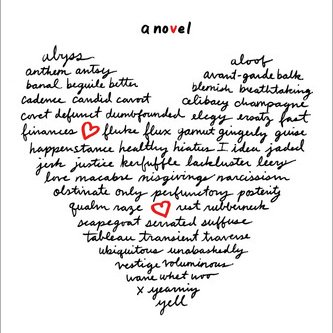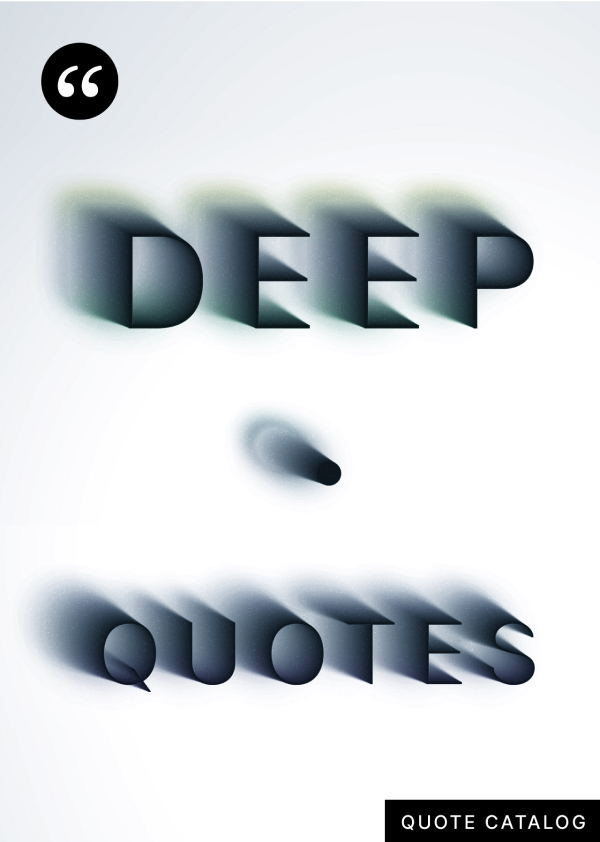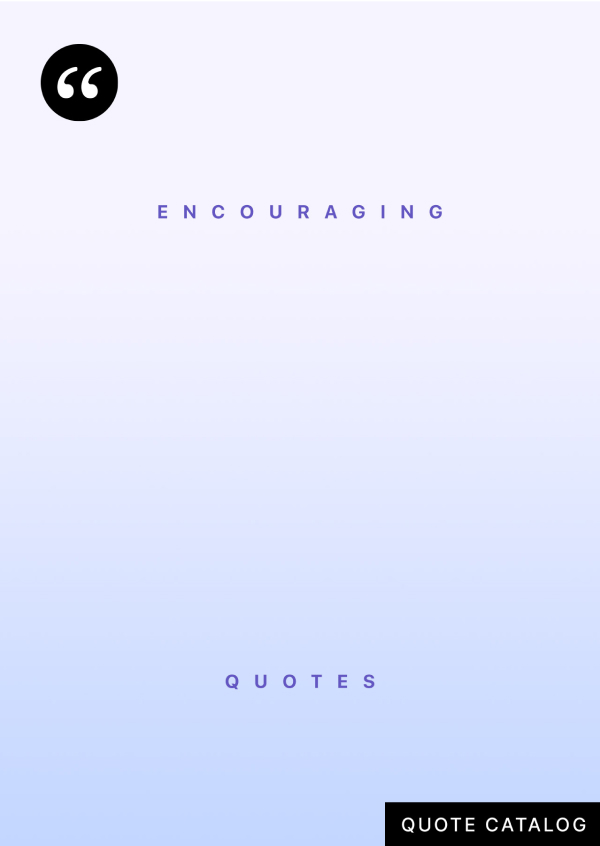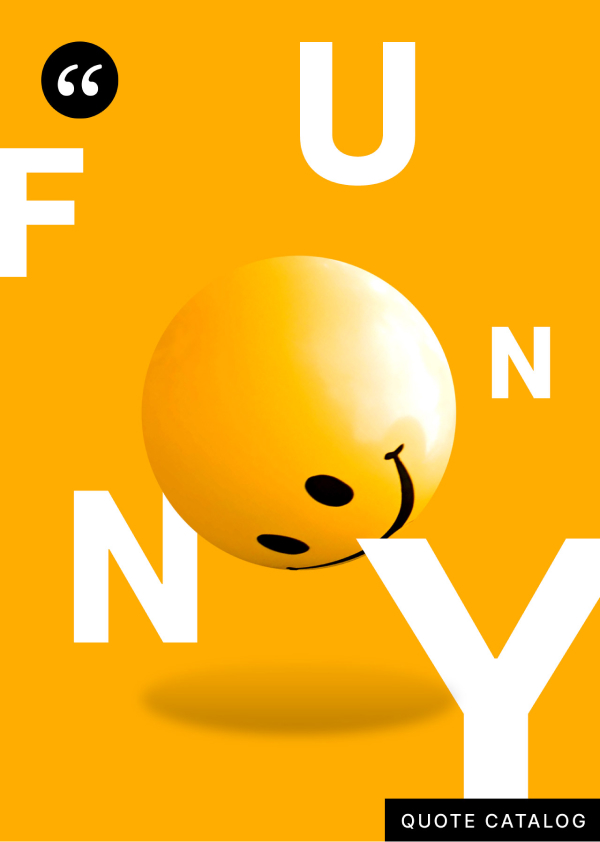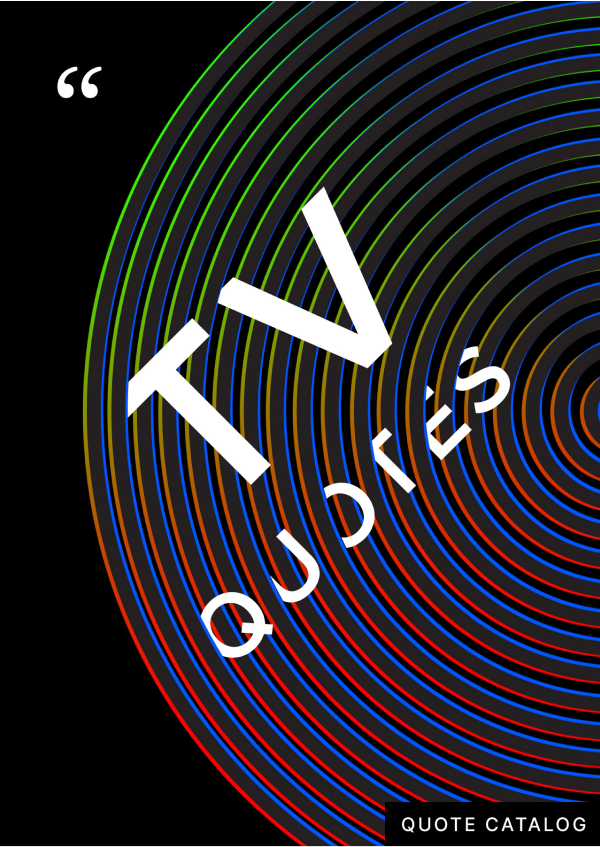So let's say you have a 1st draft. It's garbage, because all 1st drafts are garbage. Your job is to fix it! Your 2nd draft should fix obvious mistakes and holes, things you didn't know the first time around. I like to let my 2nd draft rest and forget it for a few weeks.
When I come to my 3rd draft, I've forgotten most of what I knew about the book, which means I have fresh eyes. Here, I look for plot or character inconsistencies, tension or motivation issues, etc. When am I bored? This is where you dig deep for big changes. Revision.
When I was starting out, this is the part where I realized that I had no idea how to make the book better. This is the part where I felt helpless and like publishing was rigged and like I had skill and if someone would just see my potential, I could do great things. But...
Here's where you show your grit. Take that 3rd draft and polish it up. Scour for spelling errors, make every sentence sing. Then find someone to read it. Someone who loves you and will tell you it's great. Ego boost! Now find someone who reads a lot. Get an honest opinion.
My 1st beta readers were neighborhood friends. But I got too much "This is great!" feedback, so I started asking specific questions, which gave them the in to offer constructive criticism. They often disagreed! I had to choose how to move forward and why. That's a big step.
At this step, you can use a cheat code to level up by taking a class or going to a conference and paying for the privilege of having pro eyes on your work. I crit 1st chapters in my @LitReactor class. My agent does this with @WritersDigest. I did not have this opportunity.
With my first few books, I didn't really grok deep edits, so I self-edited using reader feedback and polished for weeks. I didn't know it then, but I was procrastinating out of fear. It's easier to pull out a thesaurus then query agents and get the requisite rejections.
I realized Draft 13 was just me changing "tired" to "exhausted" and that I was being a coward and getting super bored with the book, so I decided to query. I'm a HUGE fan of querying early. Query early and get it out of the way. It'll make you stronger. But query RIGHT...
Here is my guide to getting published, which details how to learn to write a query and how to find literary agents: http://terribleminds.com/ramble/2013/08/13/25-steps-to-being-a-traditionally-published-author-lazy-bastard-edition/ … If you don't read every query on QueryShark, and if your draft isn't polished to h*ck, you are shooting yourself in the foot.”
Explore more quotes:
About the author
This page was created by our editorial team. Each page is manually curated, researched, collected, and issued by our staff writers. Quotes contained on this page have been double checked for their citations, their accuracy and the impact it will have on our readers.
Kelly Peacock is an accomplished poet and social media expert based in Brooklyn, New York. Kelly has a Bachelor's degree in creative writing from Farieligh Dickinson University and has contributed to many literary and cultural publications. Kelly assists on a wide variety of quote inputting and social media functions for Quote Catalog. Visit her personal website here.
Kendra Syrdal is a writer, editor, partner, and senior publisher for The Thought & Expression Company. Over the last few years she has been personally responsible for writing, editing, and producing over 30+ million pageviews on Thought Catalog.
